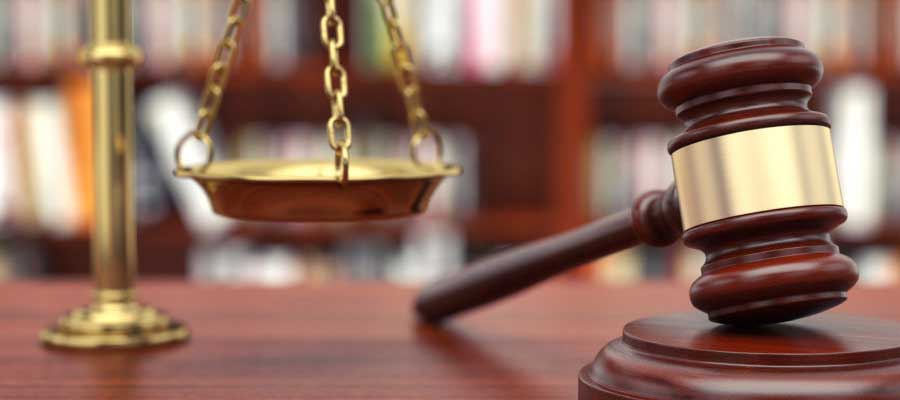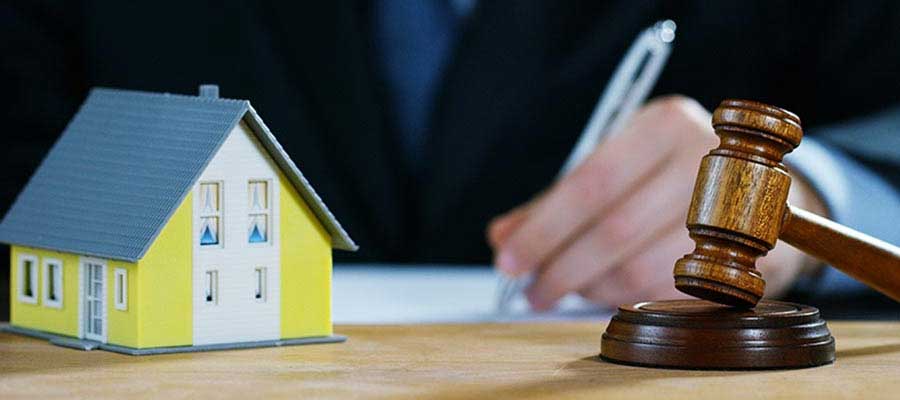A recent US Supreme Court decision in Harris v. Viegelahn addresses a bankruptcy issue faced by many who convert their cases from a Chapter 13 bankruptcy to a Chapter 7 bankruptcy case. In a Chapter 13 bankruptcy, debtors are committed to a repayment plan where they pay back a portion (or all) of their debt during a specified period of time.
The bankruptcy trustee is responsible for using the money that is paid into the plan to pay back the bankruptcy plan’s creditors. Sometimes, however, there is a backlog in payments and the bankruptcy trustee has some unapplied funds waiting to be disbursed. If bankruptcy debtors convert their case from a Chapter 13 bankruptcy to a Chapter 7 bankruptcy and there is some unapplied funds during the conversion, the debtors are now entitled to have these funds be refunded back to them. These amounts can vary on a case per case basis.
When deciding to file for bankruptcy, debtors are often faced with the decision about which chapter to file – Chapter 7 or Chapter 13. A Chapter 7 bankruptcy lasts approximately 91 days before a bankruptcy discharge is issued. A Chapter 13 bankruptcy can last anywhere from 3-5 years. If you decide to file a Chapter 13
bankruptcy, circumstances may change during your commitment period. If these changes are permanent, you may consider converting your case to a Chapter 7
bankruptcy (if you qualify) to conclude your case faster. According to the new US Supreme Court decision, if converting, unapplied funds during the conversion may be refunded back to the debtors.
To review the full decision posted by the US Supreme Court visit: http://supremecourt.gov







